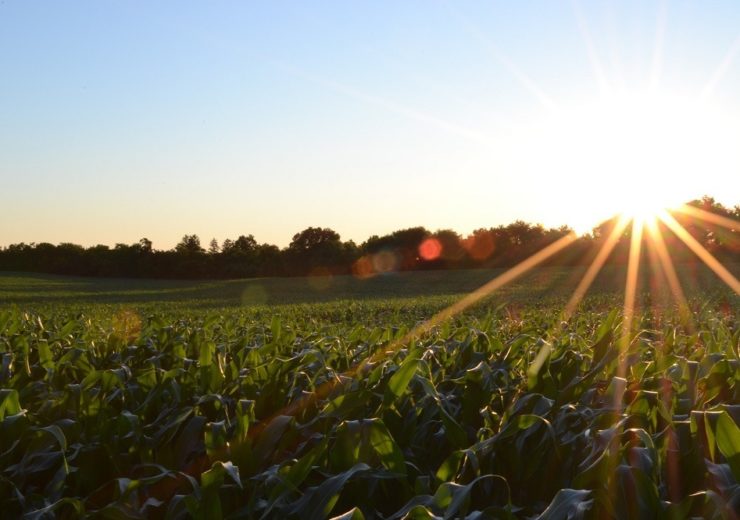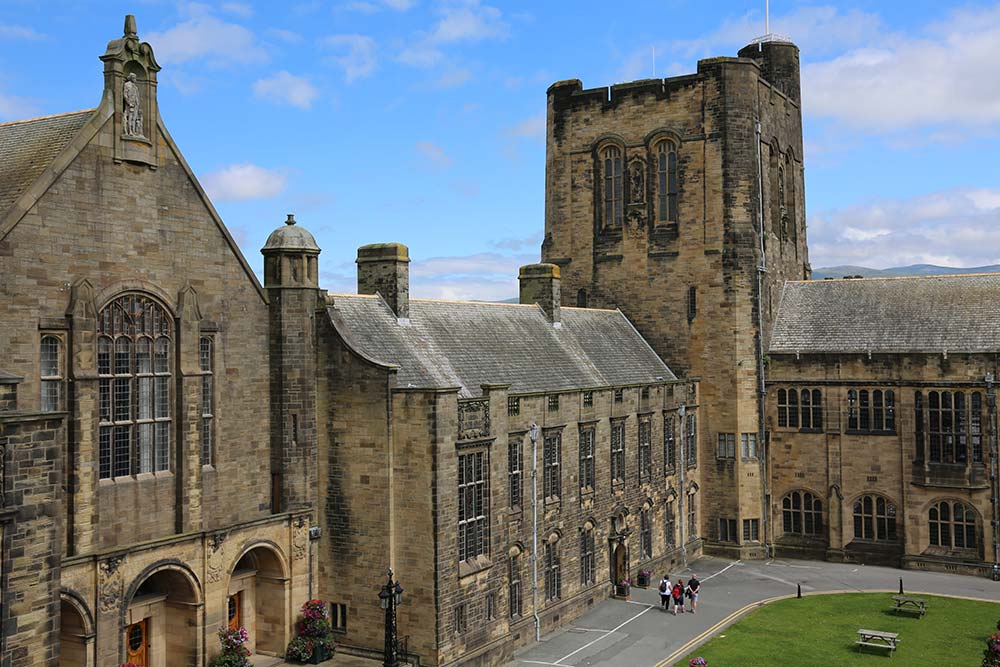Experts from Bangor University in Wales are collaborating with Uganda's Makerere University to develop alternative packaging products made from maize

Bangor University's BioComposites Centre is collaborating with Unganda's Makerere University to create packaging from leftover maize (Credit: Pixabay)
Grass, straw and leftover vegetables could provide alternative materials for food packaging, according to scientists at the UK’s Bangor University.
Experts from the Welsh educational institution’s BioComposites Centre are collaborating with Uganda’s Makerere University on a project to develop biodegradable food packaging made from leftover maize.
Working with female-led smallholders in Uganda, the team says making use of the leaves, stalks and cobs left in the field after harvesting will provide another income stream.
It’s estimated that 30-40% of Uganda’s fruit and vegetables are wasted before reaching the market due to a lack of adequate protection.
Makerere University’s College of Agriculture & Environmental Sciences’ Dr Stephen Lwasa said: “The partnership that we have with Bangor University, and other partners, to use maize waste to produce packaging materials is an exciting opportunity for our farmers and other value chain actors.
“This is because post-harvest losses will be reduced, the product quality will be maintained, and opportunities to market these packaging materials and products in high-end markets will increase streams of incomes for the players involved.
“I call upon the project partners to give this project their very best, and also call upon the support of more stakeholders to make this dream a reality.”
Bangor University researchers worked with Waitrose to develop sustainable food packaging
It’s not the first time that Bangor University’s BioComposites Centre has developed packaging made from sustainable materials, with the organisation creating products made from grass for UK supermarket Waitrose.
Launched in 2018 alongside Aberystwyth University’s Institute of Biological Environmental and Rural Sciences, the Sustainable Ryegrass Products project was set up to convert ryegrass into low-carbon products, and received almost £600,000 ($770,000) of funding from the Welsh Government’s Academic Expertise for Business programme.

The project in Uganda, backed by the UK’s Department for International Development’s Innovate UK, is collaborating with two industrial partners, these being agricultural manufacturer Uganda-Musabody and packaging company Oribag.
It’s also working with UK company NER, which develops environmentally-friendly processes for pulping straw.
The BioComposites Centre, which was set-up in 1989 to develop bio-materials for industry, aims to use its experience to develop sustainable packaging alternatives in Uganda.
Bangor University BioComposites Centre senior research fellow Dr Adam Charlton said: “The green egg boxes and other moulded food packaging produced from our original concept can be found in Waitrose supermarkets across the country and have been well received by customers.
This project is an opportunity to share our experience of collaborative research to help Uganda’s emerging bio-economy to develop further.
“This type of technology transfer can lead to new products, which will hopefully create a new income stream for some of Uganda’s agricultural smallholders.’’
